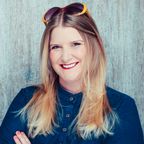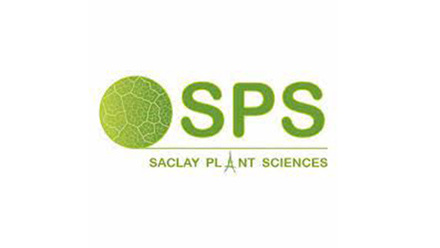Overview
A half-day online session that combines some theory with hands-on exercises.
This workshop is intended to deal with some concerns that some scientists have with the concept of “story” (story = not true, for example), give them a clear idea of what stories are – and aren’t, and provide them with some simple story frameworks and narrative structures that they can use in conversations, presentations, elevator pitches and even in abstracts.
This workshop will be held in two different schedules to cover different time zones. You will be able to choose your preferred option during the booking stage.
- Session 1: 12th March from 9:30 am to 1:30 pm (UK time)
- Session 2: 13th March from 4:00 pm to 8:00 pm (UK time)
* Be aware! This workshop will be delivered by Zoom and won't be recorded.
Workshop outline
-
What are stories and why do they matter? An overview of what stories are and why stories are important in communication broadly and in science and research specifically. Supported with a couple of frameworks.
- Perspective: how can different perspectives change the story? why is perspective needed?
- Audience: what do different audiences want and need in the context of their projects?
- Structure: introduce a simple story structure that can be applied very quickly and create a scaffold for content.
- Make it POP: how can we add flavour and interest to the story?
* You will need to create and/or log into your SEB account to be able to book this event.
Cost
1. SEB members: Free
2. Non-members: £15
Are you not a SEB member yet? Have a look at our membership options below. As a member, you can take advantage of this and other workshops, webinars, grant opportunities, and discounts for SEB Conference and SEB journal publications.
MEMBERSHIP FEES
| One year | Three years | Five years | |
| Student | £22 | £56 | £93 |
| Early career scientist | £33 | £84 | £140 |
| Full* | £63 | - | £267 |
Audience
Researchers from all career stages.
Outcomes
By the end of this single-session online course, participants will have learned more about what stories are, how and why they work, and how to use stories to talk about their careers, their science and their findings in ways that are interesting and accessible whilst still being accurate.
Resources
Participants will be provided with a range of resources including a list of interesting papers and further reading, course notes, and copies of any exercises completed in the session.
Questions
Email us at [email protected].
* You will need to create and/or log into your SEB account to be able to book this event.




